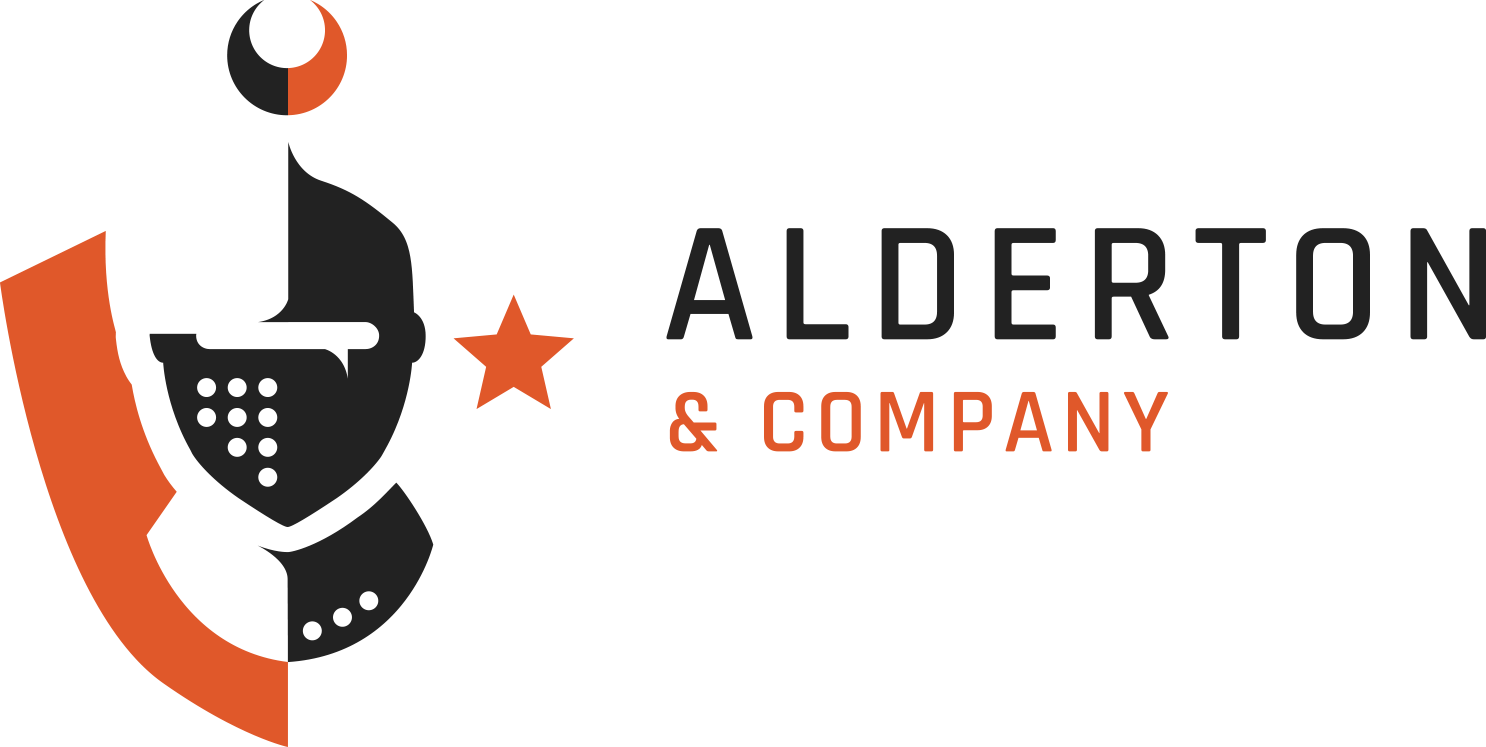
The Evolution Of Basic Compliance and Accounting Practices In Australia
December 9, 2019
What You Should Be Getting From Your Bookkeeping and Admin Team?
December 10, 2019Superannuation, It’s More Complicated Than You Think. Are You Processing It Correctly?


The introduction of the SGC required employers to pay to employees selected superannuation fund an amount equal to 3% of assessable wages.
This has subsequently been increased in stages to its current level of 9.5%
Currently, the regulations require that employers lodge and pay their superannuation liabilities on a quarterly basis. It is our view that the ATO will seek to either alter this to monthly or to lodging at the time each payroll is processed.
From our perspective, we currently recommend to our clients that they pay their liabilities on a monthly basis.
From the bookkeeper’s perspective, it is important to understand what wages are assessable and what is included in the SG. These are referred to as ordinary time earnings and are as follows:
- Ordinary hours worked
- Casual employee shift loadings
- Piece rates
- Allowances by way of unconditional extra payment
- Danger allowance
- Retention allowance
- Hourly on-call allowance in relation to ordinary hours of work for doctors
- Annual Leave
- Annual leave loading (not referred to as loss of opportunity to work overtime)
- Sick leave
- Termination payments in lieu of notice
- Performance bonus
- Christmas bonus
- Bonus labeled as ex-gratia but in respect of ordinary hours worked
Wages and salaries not included in the SGC are as follows:
- Overtime hours
- Casual employee overtime payments
- Casual employees whose hours are paid at overtime rates due to a “bandwidth” clause
- Overtime component of earnings based on hourly-driving-rate method stipulated in the award
- Expense allowance expected to be fully expended
- Reimbursement
- Petty Cash
- Reimbursement of travel costs
- Payments for unfair dismissal
- Workers compensation not working
- Annual leave loading – demonstrably referable to a loss of opportunity to work overtime
- Parental leave – eg maternity leave, paternity leave, adoption leave
- Ancillary leave – eg jury duty, defence reserve service
- Termination payments: unused annual leave, long service leave, or sick leave
- Bonus in respect of overtime only
As can be seen, this legislation can be quite difficult to interpret to ensure correct compliance.
Lodgement dates for SGC are as follows:
Quarter Period Due Date
1 1 July to 30 September 28 October
2 1 October to 31 December 28 January
3 1 January to 31 March 28 April
4 1 April to 30 June 28 July
Once again the role of the bookkeeper becomes important here as failure to lodge on time results in fines been levied, the interest charged at a rate of 10% on overdue amounts, and an administration fee of $20 per employee per quarter.
In addition, where payment or return is lodged late it is no longer able to be deducted as an expense so effectively becomes taxable income and is taxed at the company tax rate.
Lastly and as indicated above with the introduction of STP and the ATO data matching capabilities all employers are now being constantly monitored for compliance with SGC. It is therefore incumbent on the bookkeeper to ensure that the correct charges are being paid and that lodgements and payments are made in accordance with the above schedule.



